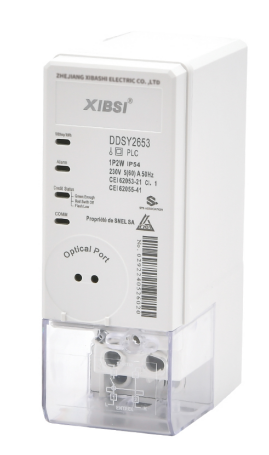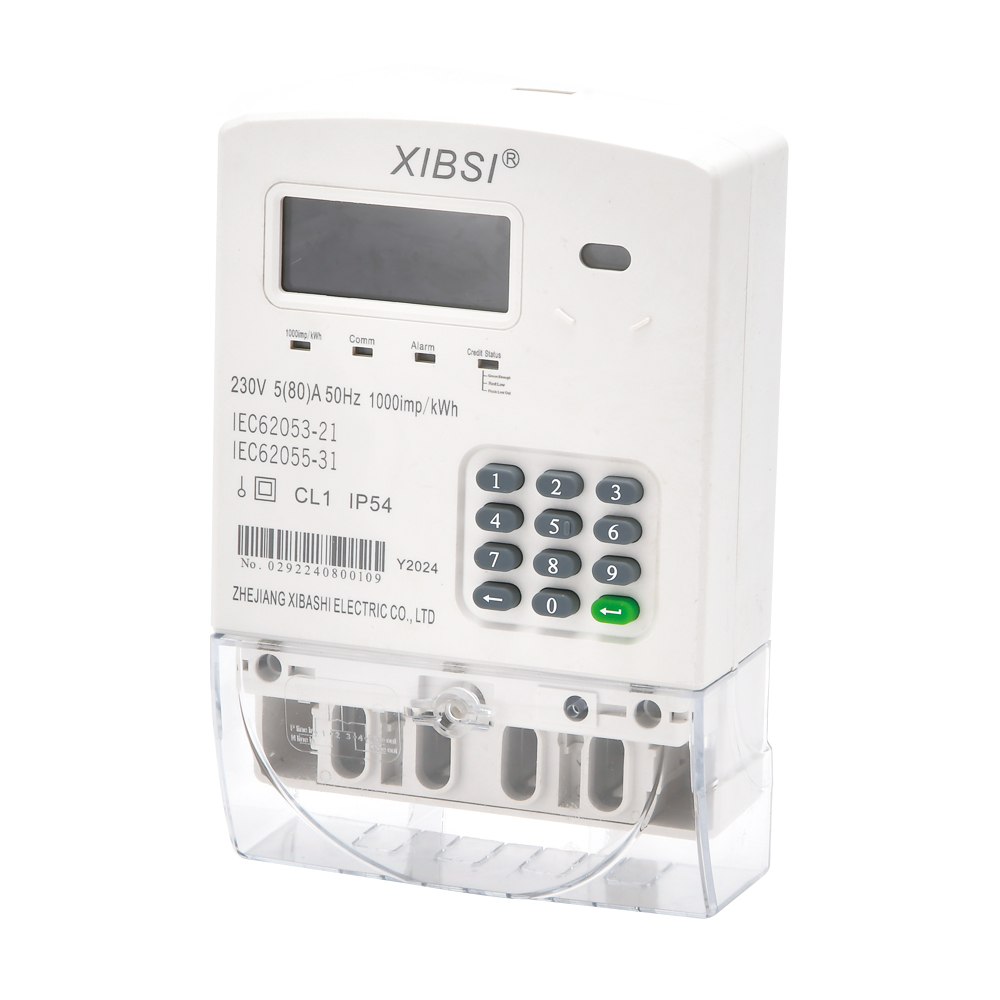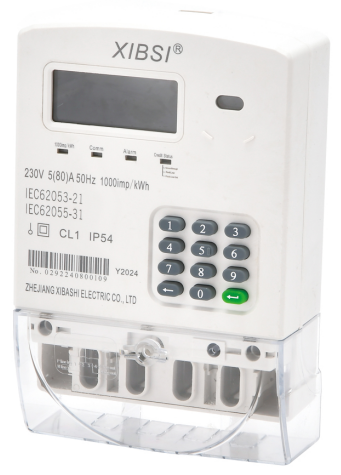How to choose a three phase smart meter suitable for factory use?
Publish Time: Author: Site Editor Visit: 692
1、 Clearly define the usage environment
The power environment in the factory is complex, and it is necessary to choose a three-phase smart meter that can carry the current and voltage load of the entire factory.
2、 Precision selection
Accuracy is one of the important indicators of an electric meter, and the higher the accuracy, the more accurate the measured electrical energy. Factories usually require high-precision electricity meters to ensure accurate measurement, avoid energy waste and electricity cost errors. Generally speaking, when the current in the workshop of large and medium-sized factories exceeds 100A, a three-phase smart meter with an accuracy of 0.5S or higher should be used. However, for small factories or situations with lower current, a slightly lower accuracy meter can be selected, but it is also necessary to ensure that the basic measurement needs are met.
3、 Range selection
Choosing an appropriate range of measurement can ensure that the measured electrical energy is more accurate and reliable. The factory consumes a large amount of electricity and should choose an electric meter range that can cover the actual electricity consumption of the factory. At the same time, it is necessary to ensure that the current specification of the electricity meter is greater than the load current, leaving a certain margin to prevent overload.
4、 Functional requirements
Different factories have different functional requirements for three-phase smart meters, so the selection should be based on actual needs. Here are some common functional requirements:
Remote meter reading and monitoring: convenient for power managers to remotely view meter data and monitor factory electricity usage in real-time.
Prepaid and remote fee control: Support users to recharge and pay online, achieve electricity prepayment function, and facilitate electricity management.
Energy Efficiency Analysis and Statistics: Provide reports and analyses on energy usage to help factories identify energy waste issues and develop improvement measures.
Malignant load identification and high-power tripping: protecting the safety of the power system and preventing equipment damage or fire accidents caused by overload or improper use.
5、 Communication method selection
Choose the appropriate communication method based on the actual situation of the factory. Wired communication methods such as RS-485 communication are stable and reliable, suitable for centralized installation of electricity meters; Wireless communication methods such as 4G communication, NB IoT wireless IoT communication, etc. have wide signal coverage and are not limited by the distance of electricity meter installation, making them suitable for situations where electricity meters are installed in a dispersed manner.
6、 Brand and Quality Selection
The quality and after-sales service of well-known brands' three-phase smart meters are more guaranteed. When making a choice, you can pay attention to the brand's reputation, history, market share, and other information to evaluate the brand's credibility. At the same time, it is important to understand the after-sales service policy of the product, including warranty period, maintenance services, technical support, and other aspects.
7、 Product certification
Check if the product has been certified by relevant national certification bodies, such as CPA certification. Certification is the guarantee of product quality and functionality, ensuring that the electricity meter meets national standards and user needs.
8、 Reference actual cases and user evaluations
View actual application cases and user evaluations of the product to understand its application effects and user feedback in different scenarios. This helps to have a more comprehensive understanding of the product's performance and functionality, providing reference for purchasing.
In summary, the selection of three-phase smart meters suitable for factory use requires comprehensive consideration of multiple factors such as usage environment, accuracy, range, functional requirements, communication methods, brand and quality, product certification, as well as practical cases and user evaluations. By comprehensively understanding and mastering these purchasing techniques, it is possible to better choose three-phase smart meters suitable for factories, achieving efficient and intelligent power metering and management.


